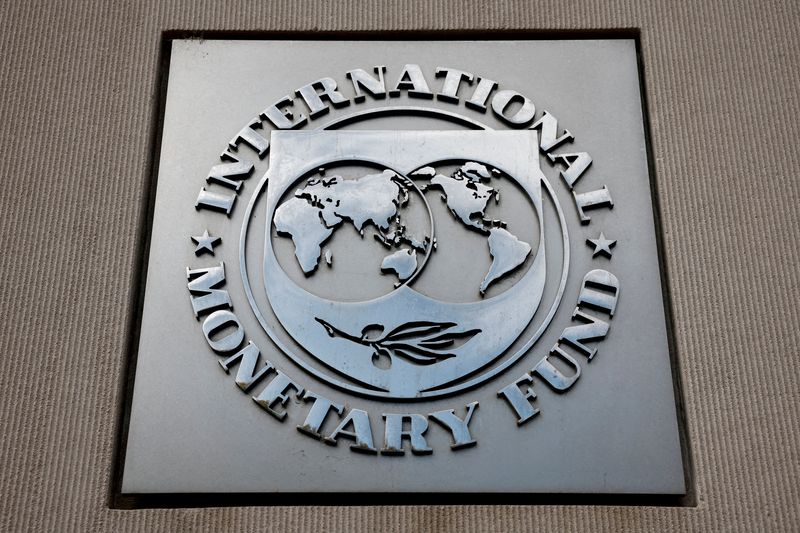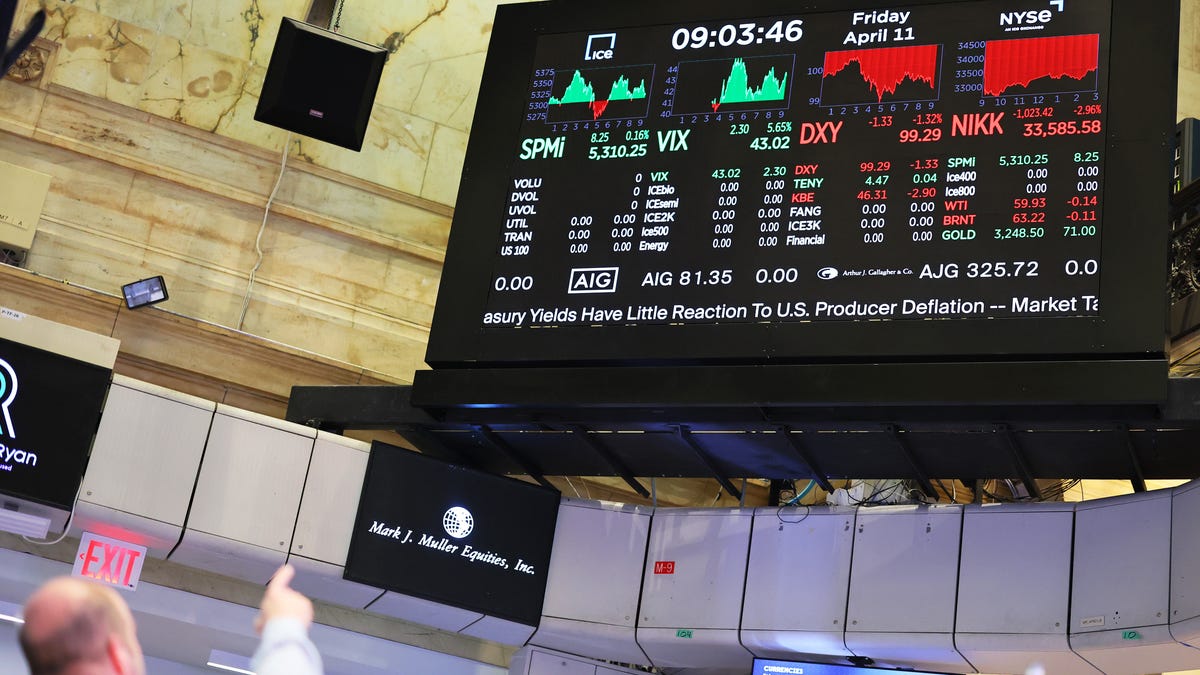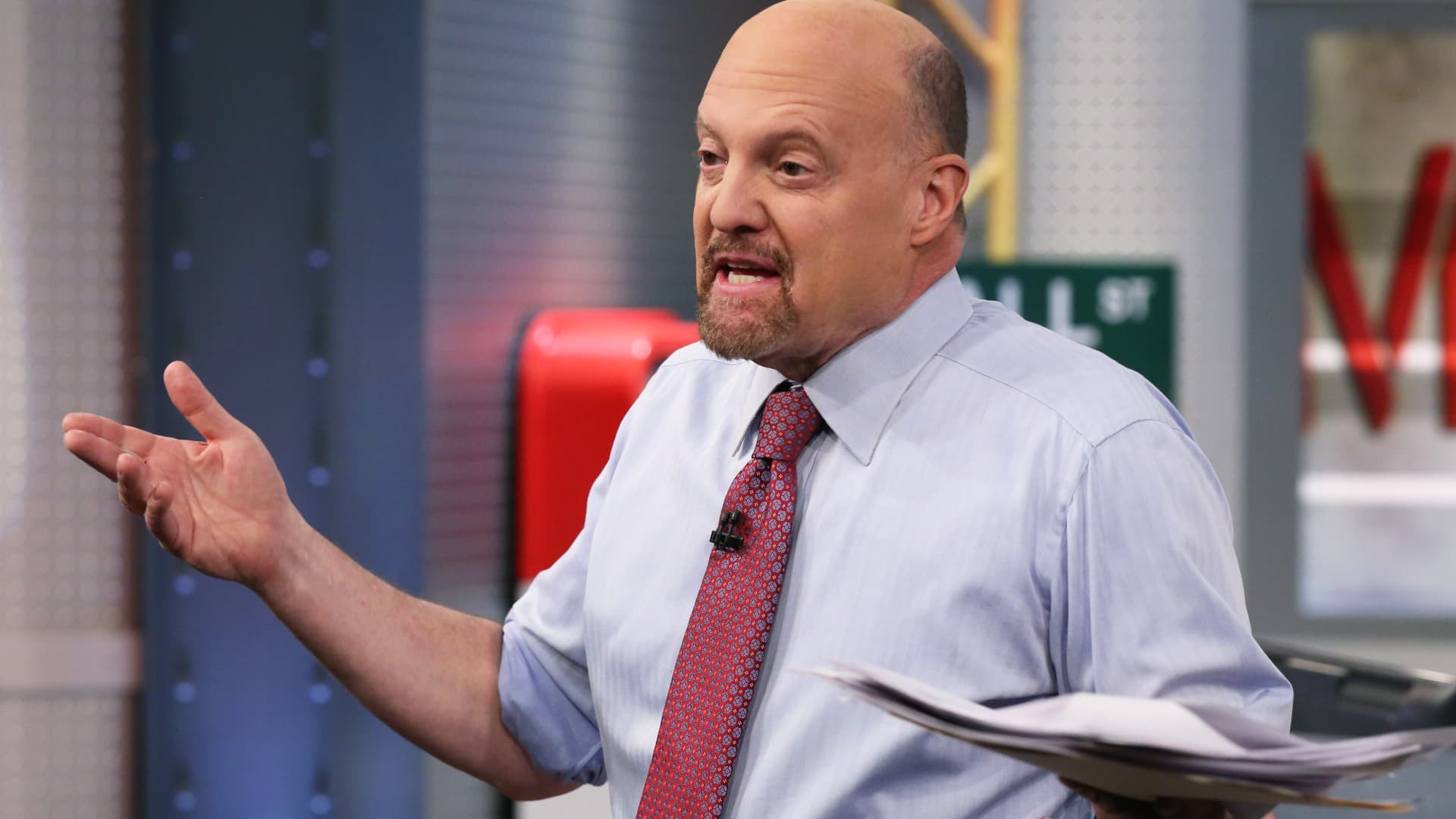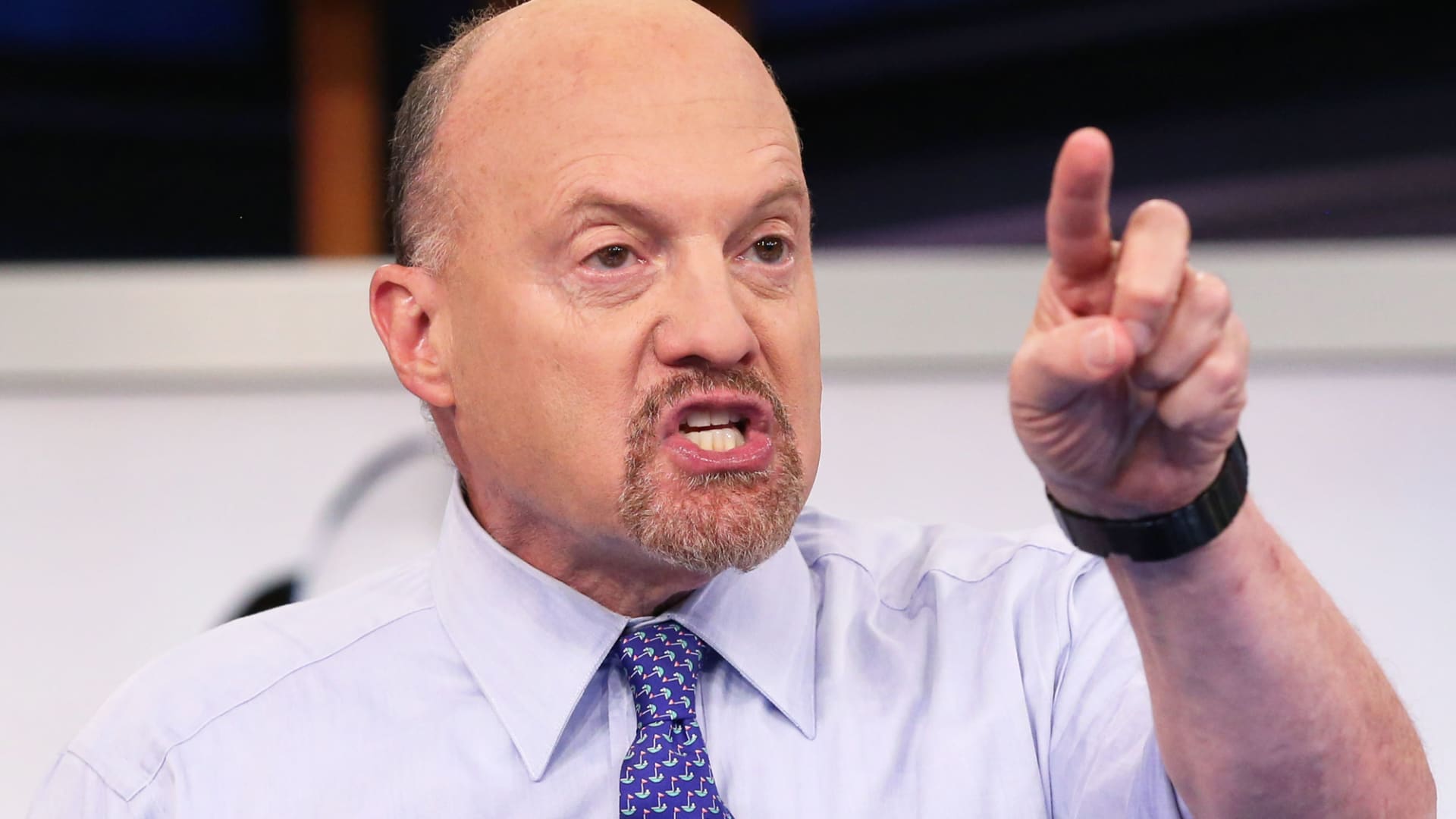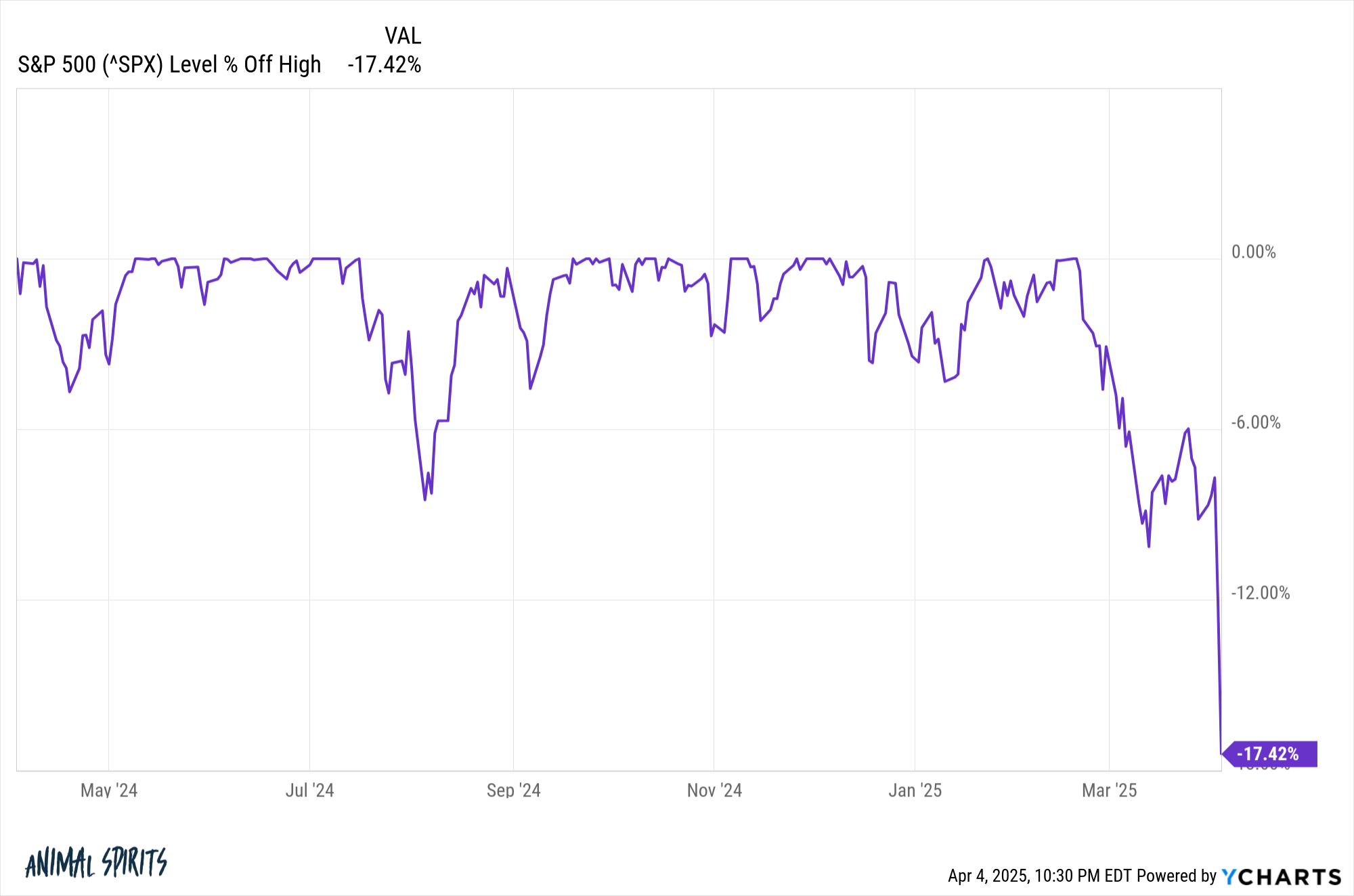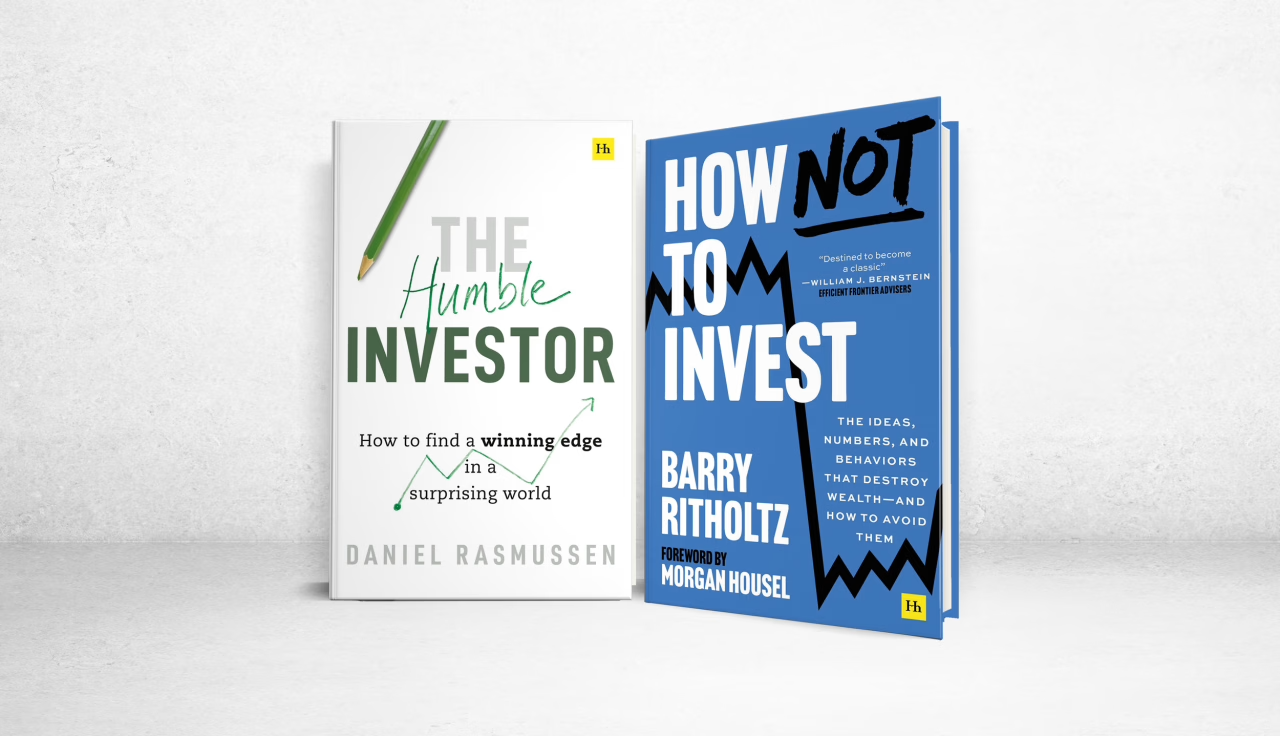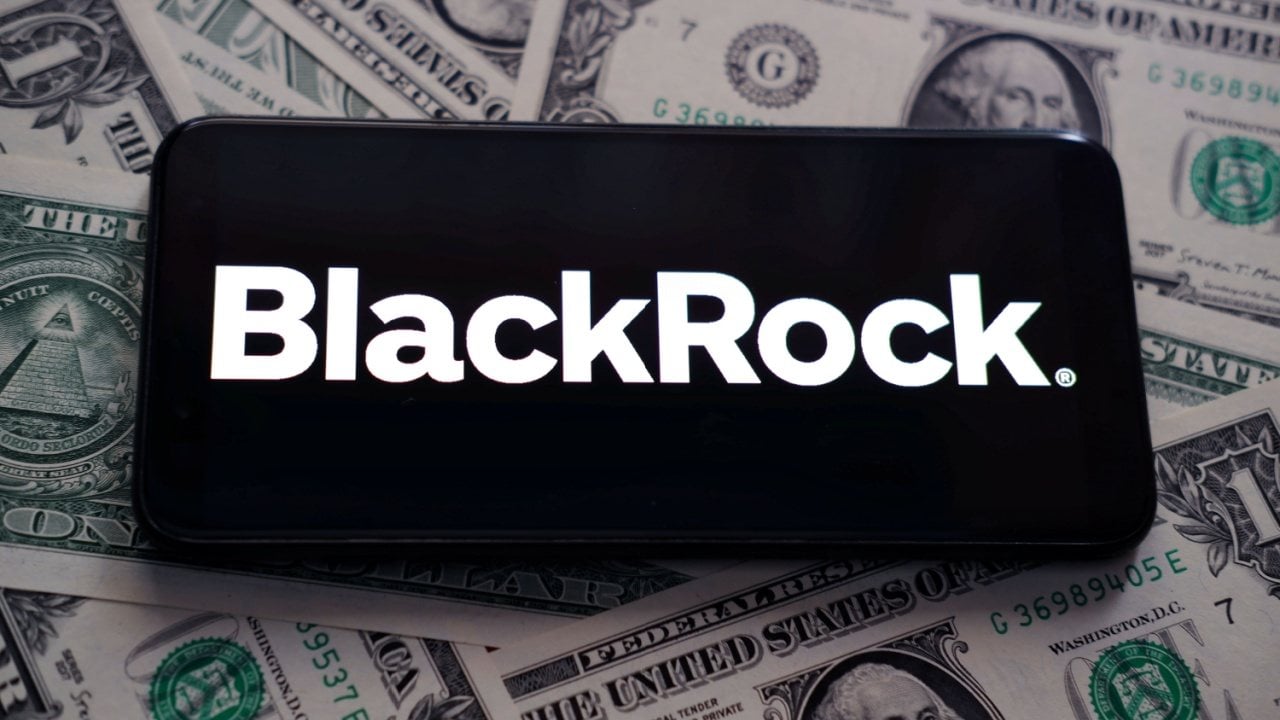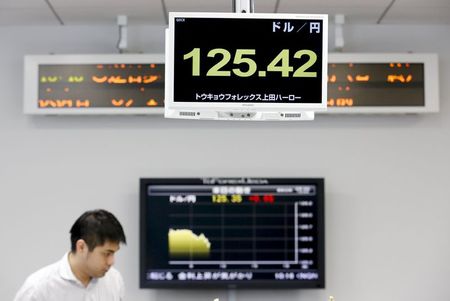Is OMAH the Next Big Monthly Income ETF? Here’s What You Need to Know!
There has been a slate of interesting new ETF products debuting on the U.S. markets in recent months. And while it’s tough to keep up with what’s new and interesting in the ETF scene, I do think that new products that look to tap into the wisdom of the great Berkshire Hathaway (NYSE:BRK-B) are going […] The post Is OMAH the Next Big Monthly Income ETF? Here’s What You Need to Know! appeared first on 24/7 Wall St..
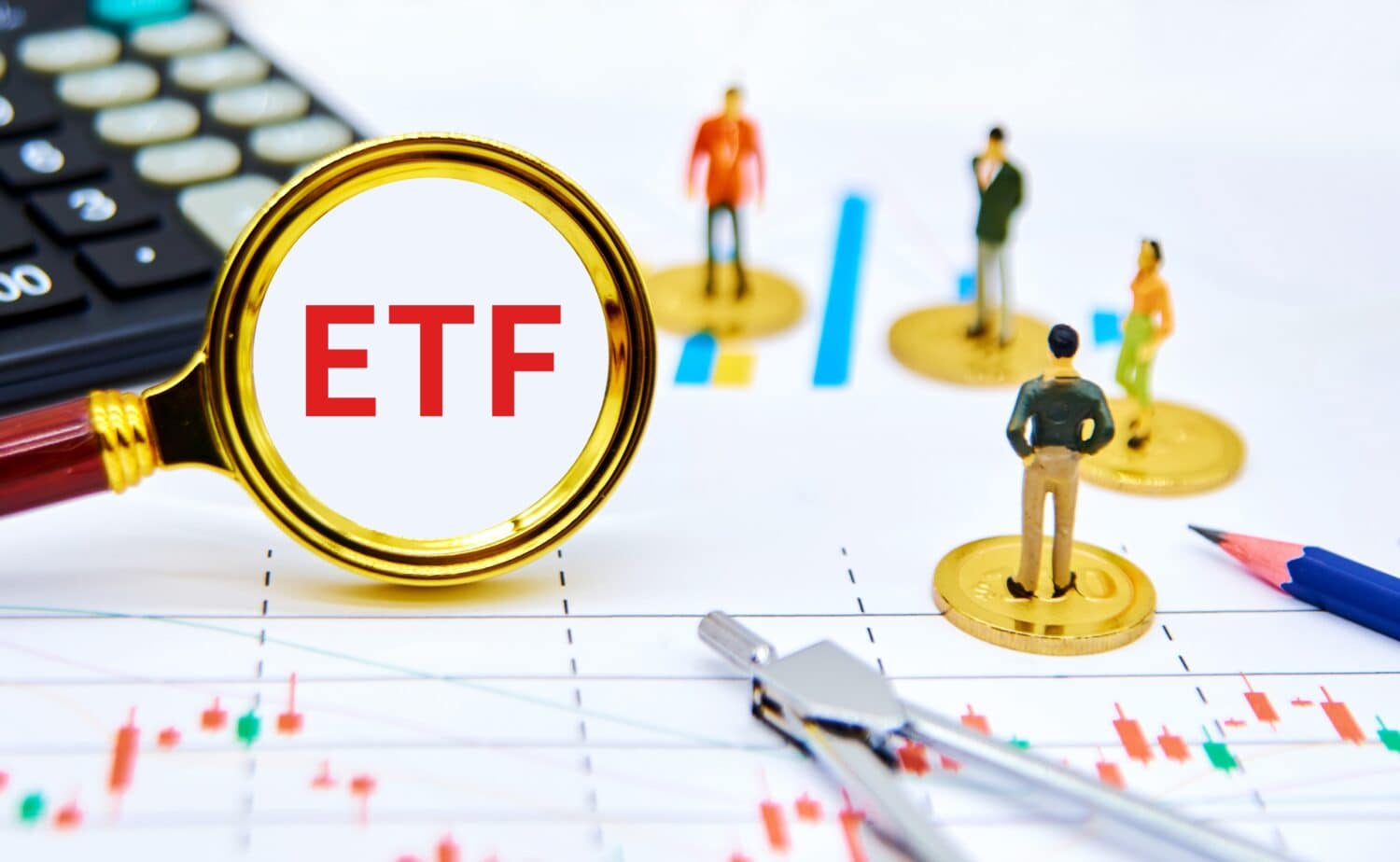
There has been a slate of interesting new ETF products debuting on the U.S. markets in recent months. And while it’s tough to keep up with what’s new and interesting in the ETF scene, I do think that new products that look to tap into the wisdom of the great Berkshire Hathaway (NYSE:BRK-B) are going to get a lot of retail investor attention.
In a recent Reddit post I came across on the r/dividends subreddit, a user — most likely an income investor — shed light on a new ETF called the VistaShares Target 15 Berkshire Select Income ETF (NYSEARCA:OMAH), which aims to invest in Berkshire Hathaway class B shares in addition to 20 of the largest public holdings within the Berkshire Hathaway stock portfolio.
Perhaps the main attraction to the OMAH ETF is its strategy of producing monthly income (annual income target of 15%) via the incorporation of an options strategy. Indeed, we’ve seen many active ETFs (think covered call ETFs, etc.) that make use of options to supercharge the ETF’s yield effectively. It’s not hard to imagine that many income-focused Buffett disciples seeking to incorporate such a strategy would want to check out the OMAH (the ticker symbol is based on Warren Buffett’s hometown of Omaha).
Key Points
-
There’s a new ETF in town, and it’s attracted the attention of income-focused Warren Buffett fans.
-
Though OMAH may draw in investment dollars amid Berkshire’s impressive year-to-date outperformance, I’m in no rush to punch a ticket.
-
Are you ahead, or behind on retirement? SmartAsset’s free tool can match you with a financial advisor in minutes to help you answer that today. Each advisor has been carefully vetted, and must act in your best interests. Don’t waste another minute; get started by clicking here here.(Sponsor)
Keeping up with the Berkshire portfolio, with an income twist
Indeed, if you’re like many Warren Buffett followers, you may constantly check the news to see what the great Oracle of Omaha is up to; there’s now an ETF that bets on Berkshire and its underlying stock portfolio. In essence, it’s like betting on Berkshire with a heavier weighting on the public stock portfolio and with a monthly income payment (note that Berkshire Hathaway shares do not pay a dividend).
While investing in Berkshire Hathaway or following Berkshire’s stock portfolio may make sense to some as they look to ride on the coattails of one of the best and most brilliant investors of our generation, there’s always the problem of having to pay hefty commissions by buying and selling stocks added to or pared from the Berkshire portfolio. Not to mention it’s quite time-intensive to make moves after every 13-F filing released by the legendary conglomerate.
In any case, perhaps the biggest differentiator of the OMAH is its monthly income payout. Of course, like with most ETF products that have an options portfolio, you can expect to pay a bit more on the front of fees. The OMAH charges a 0.95% expense ratio, which is quite hefty, as someone on the Reddit post pointed out. Additionally, Berkshire Hathaway’s record cash position won’t be captured by the ETF. Either way, it’s on the investor to ensure they’ve got their own cash position handy if they seek to emulate Buffett more closely.
It’s a unique, interesting ETF, to say the least, especially amid market turbulence.
It’s not hard to imagine Warren Buffett is gaining even more fans after BRK.B clobbered the S&P 500 this year, soaring 17.5% while the S&P 500 crumbled over 12%. Indeed, as the Trump tariff turmoil continues, the performance gap could widen, perhaps drastically. Call it Buffett’s big comeback year, if you will. Either way, I find the OMAH ETF to have landed at the right time. And while it makes sense for a very specific type of investor, most notably an income investor who wants Berkshire with the benefit of passive income distributions, I do think the expense ratio is a tad too high for my own liking.
While I understand the added labor involving options and the costs of keeping up with the Berkshire portfolio over time, I’m personally sticking with Berkshire Hathaway (class B) shares. But that’s just me. I don’t really need passive income and view Berkshire’s lack of a dividend as a feature rather than a shortcoming. Also, not having to pay an expense ratio is a huge plus!
Either way, I find OMAH to be going live at a very interesting time for passive investors as new, more defensively-focused ETFs begin to rise in popularity versus tech- and growth-themed ones, as more investors aim to ride out the tariff waves in stocks.
The post Is OMAH the Next Big Monthly Income ETF? Here’s What You Need to Know! appeared first on 24/7 Wall St..





